“Hugely Encouraging”: Researchers Investigate Ketamine Therapy for Gambling Disorder
Last year, Canadian researchers completed the world’s first-ever study on ketamine therapy for gambling addiction. Modern research has previously confirmed ketamine’s potential for treating addiction, …
Choosing the Perfect Playlist for Ketamine Infusion Therapy
Music is a powerful tool: it’s been shown to reduce stress hormone levels, regulate blood pressure, and even enhance treatment outcomes for mood disorders. When …
CEO Update | January 2023
Welcome, 2023! Ketamine Wellness Centers is entering its 12th year of providing ketamine services to patients throughout the United States and from other countries. Wow, …
5 Tips to Turn New Year Fear into the Best Year Ever
5…4…3…2…1 Ring in the New Year!!! This should feel delightful, right? After all, we’re celebrating and brimming with hope and optimism. It feels great to …
Ketamine Advocate Art Spotlight: “Out of This World” Acrylic Painting
Tracy, Ketamine Advocate and KWC Patient: This is one piece from my “K Series” of artwork. Ketamine treatments have influenced my art greatly and enhanced …
How to Ditch Toxic Positivity This Holiday Season
The holidays can be draining. The festive season is supposed to be a time of joy (at least if commercials and cheesy TV movies are …
“I was beginning to feel like there were no other options.”
Anonymous I am an Army veteran and have struggled with PTSD, MDD, and CRPS for many years. Most of the antidepressants I have tried provided …
5 Ways Seeing a Psychedelic Therapist Can Enhance Your Ketamine Treatment
1. It can make ketamine even more effective. Studies have shown that working with a qualified therapist after ketamine treatment can lead to stronger and …
Ketamine: It Makes Sense
By Barby Ingle I am a 50-year-old woman (about to be on 11/18) who has had Reflex Sympathetic Dystrophy for 20 years. The condition has …
CEO Update | November 2022
Once again the KWC offices will be bringing out their fall colors for November, specifically the color orange to signify the start of NERVEmber. Every …












